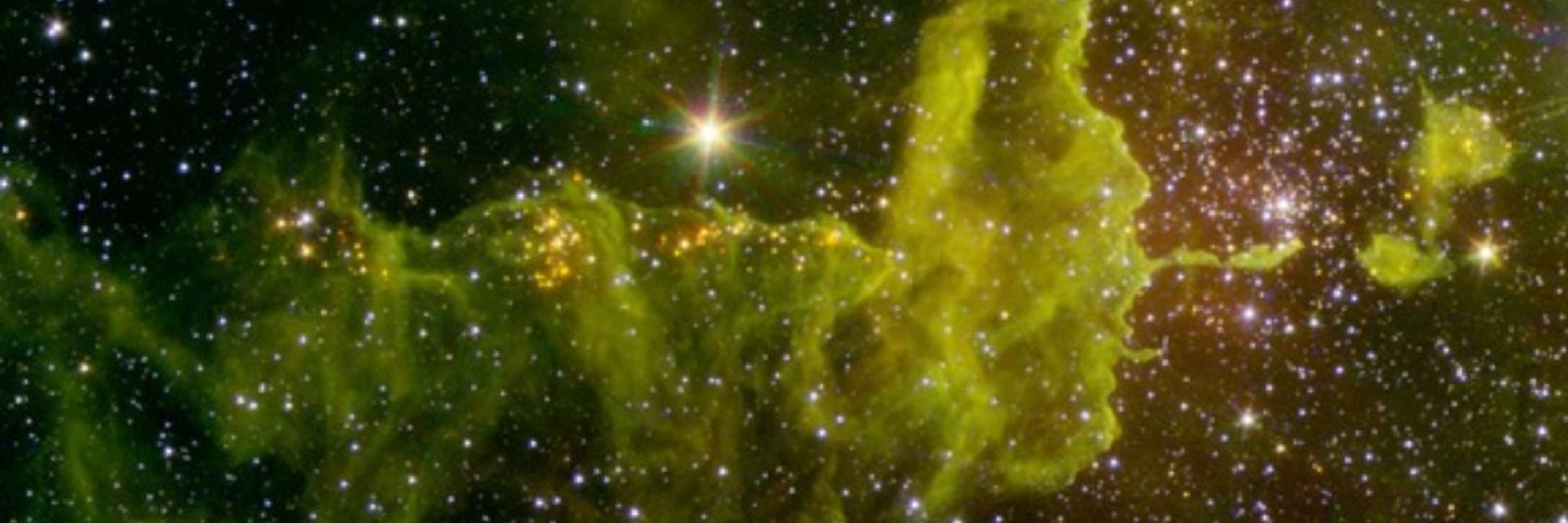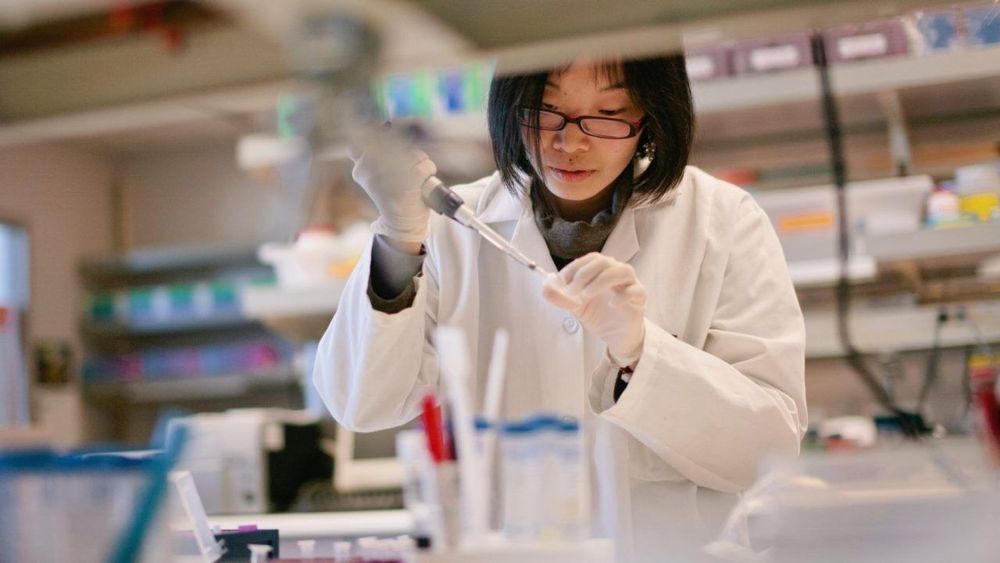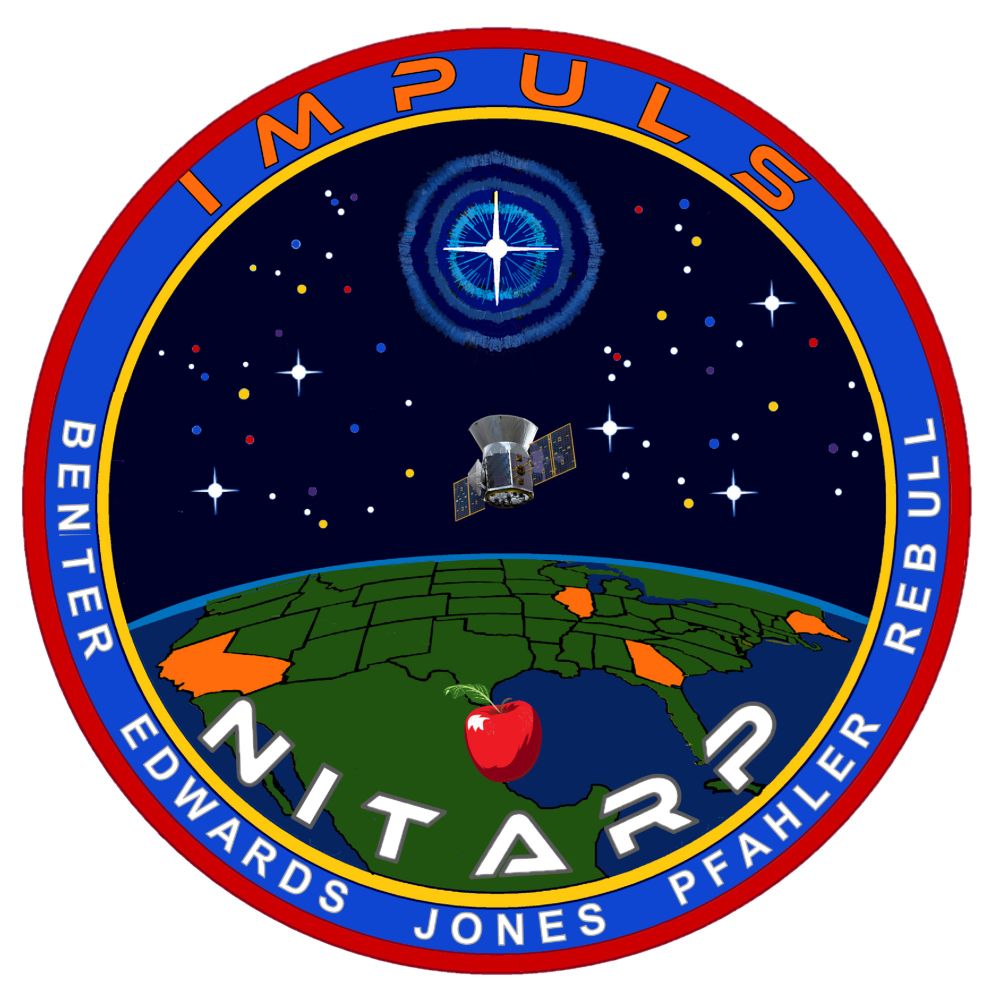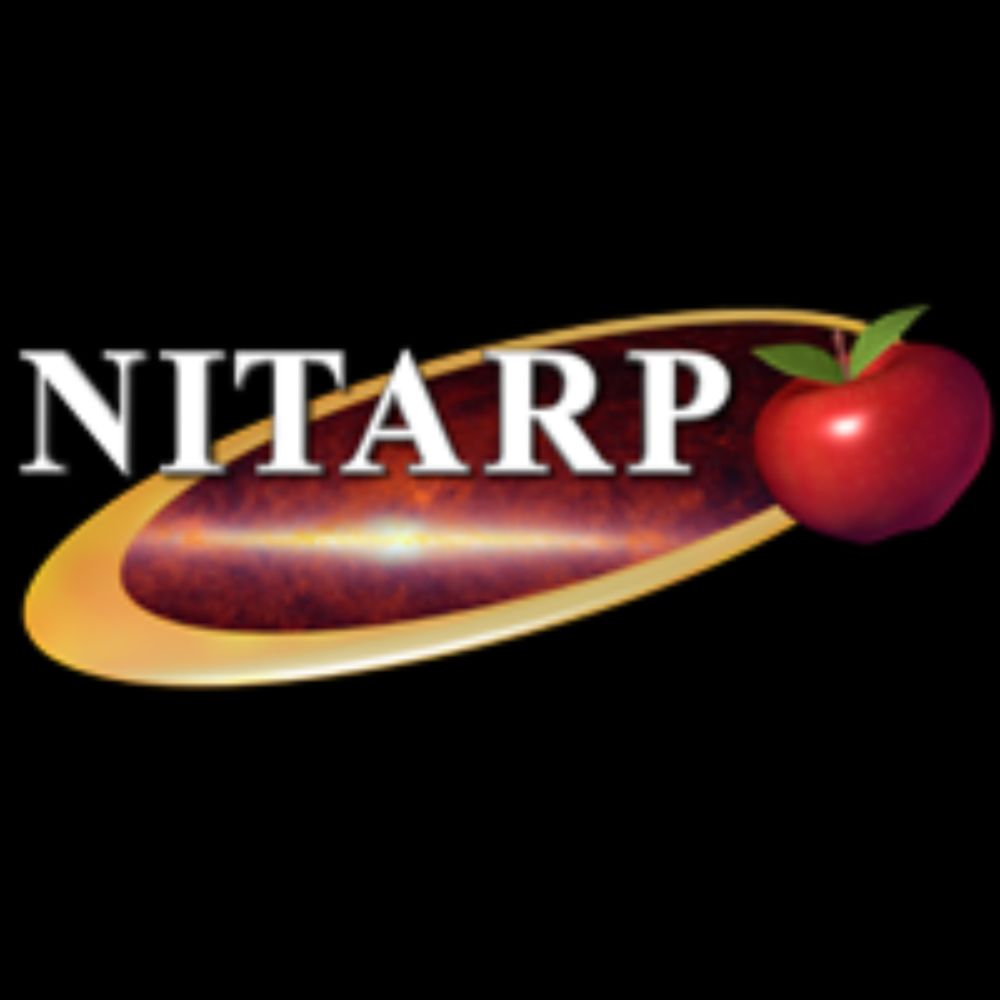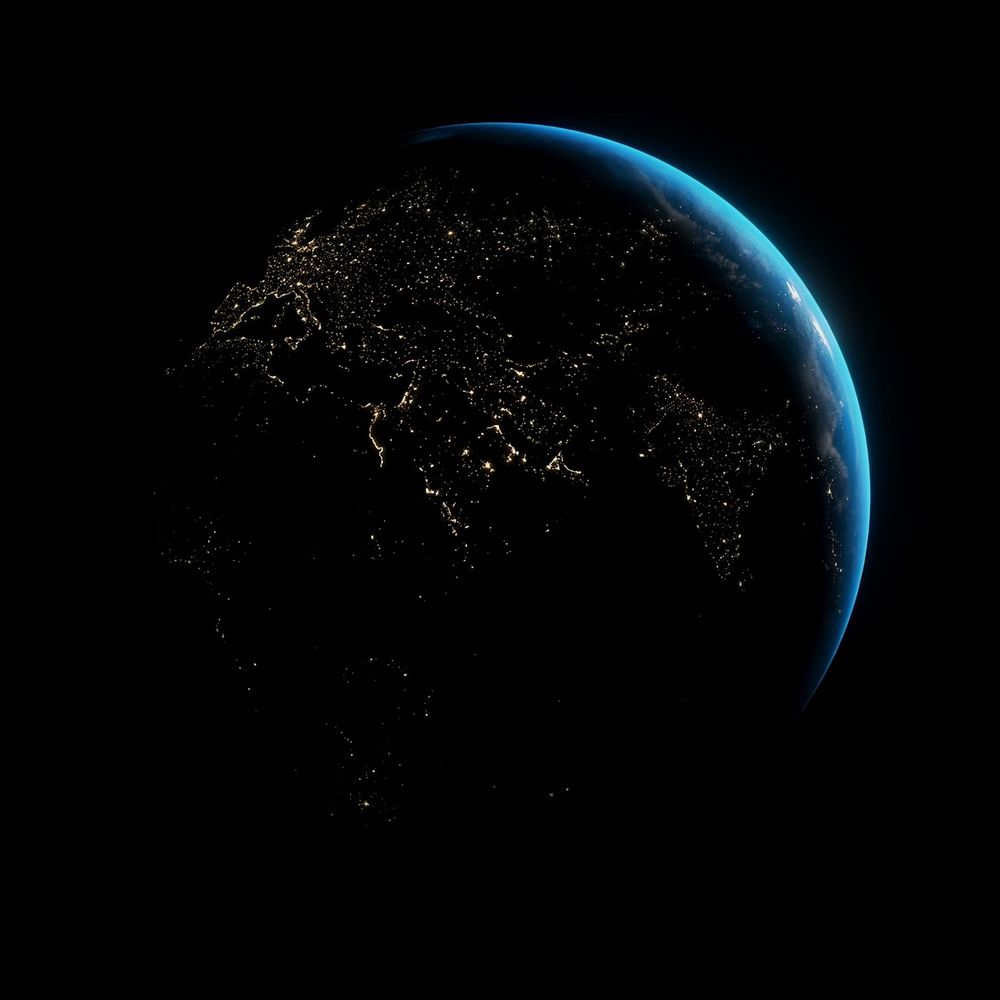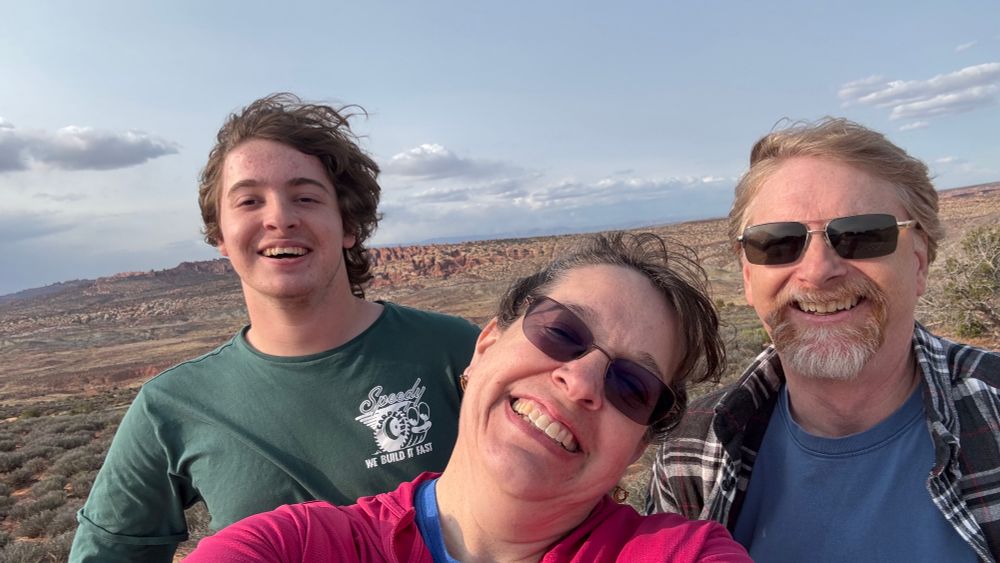Dr. Luisa Rebull
@lrebull.bsky.social
690 followers
250 following
260 posts
Astrophysicist and domestic goddess! Any opinions here are just mine and do not necessarily represent those of NASA or Caltech.
Posts
Media
Videos
Starter Packs
Dr. Luisa Rebull
@lrebull.bsky.social
· Aug 22
Dr. Luisa Rebull
@lrebull.bsky.social
· Aug 22
Reposted by Dr. Luisa Rebull
Dr. Luisa Rebull
@lrebull.bsky.social
· Jul 3
Dr. Luisa Rebull
@lrebull.bsky.social
· Jun 17
Dr. Luisa Rebull
@lrebull.bsky.social
· May 29
Dr. Luisa Rebull
@lrebull.bsky.social
· May 29
Dr. Luisa Rebull
@lrebull.bsky.social
· May 29
Dr. Luisa Rebull
@lrebull.bsky.social
· May 29
Dr. Luisa Rebull
@lrebull.bsky.social
· May 29
Dr. Luisa Rebull
@lrebull.bsky.social
· May 29
Dr. Luisa Rebull
@lrebull.bsky.social
· May 14
Dr. Luisa Rebull
@lrebull.bsky.social
· May 14
Dr. Luisa Rebull
@lrebull.bsky.social
· May 14
Reposted by Dr. Luisa Rebull
Reposted by Dr. Luisa Rebull
